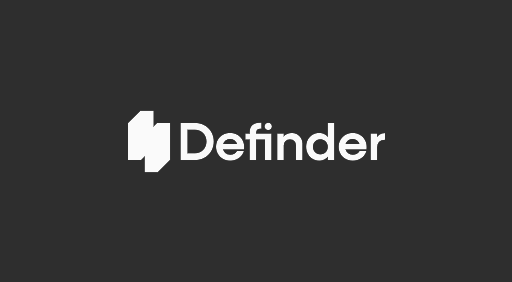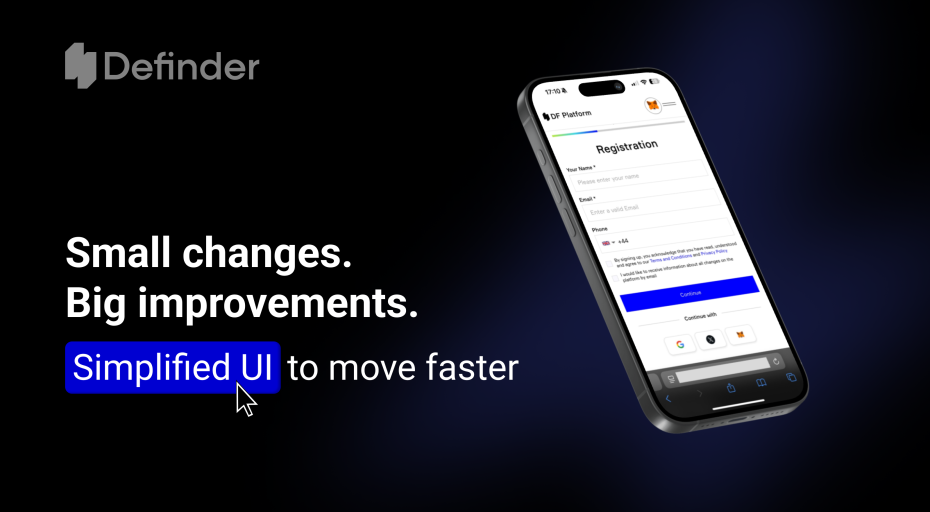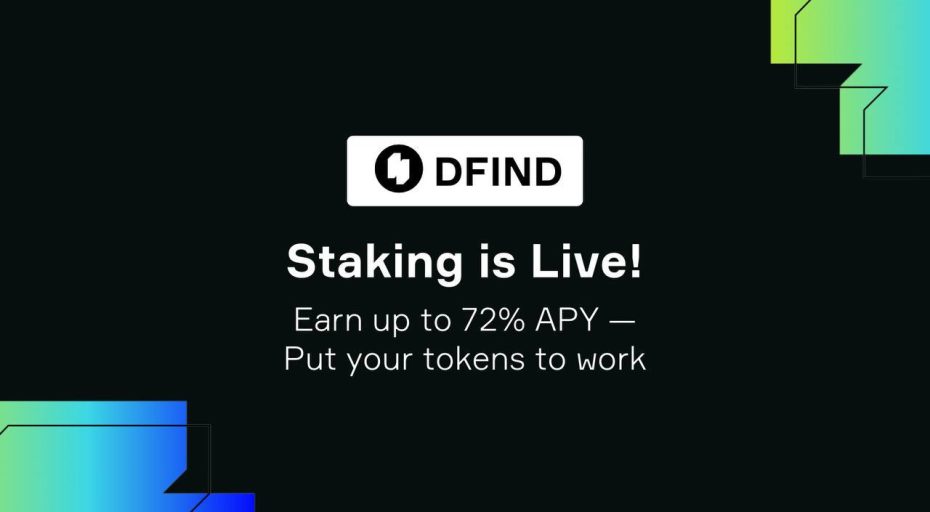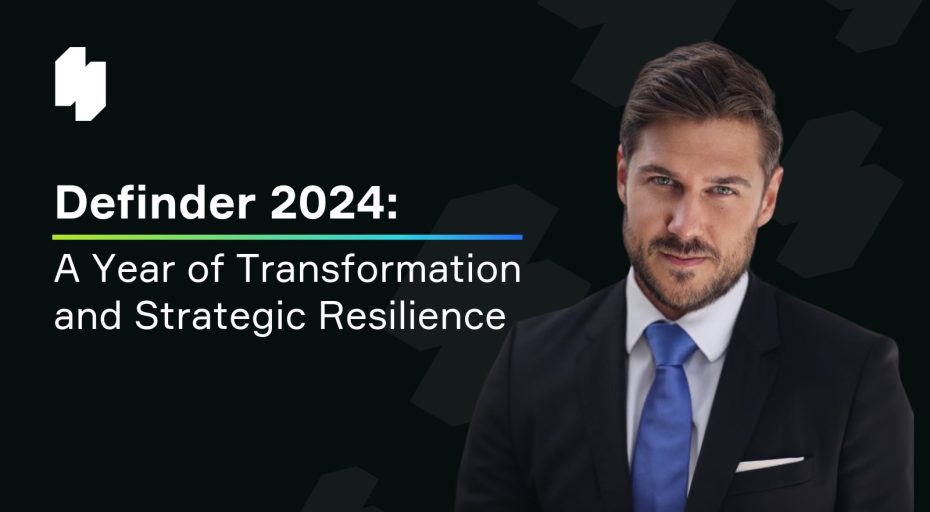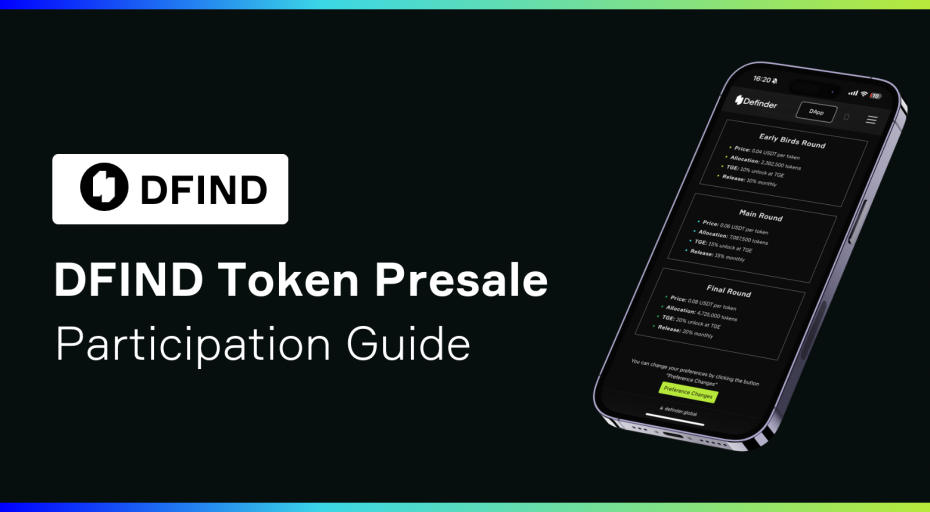Quick and Effective Solution from Smartlands to Finance SMEs on the Blockchain
Income losses due to the COVID-19 are expected to exceed 200 billion Euros in developing countries. With an estimated 55 per cent of the global population having no access to social protection, these losses will reverberate across societies, impacting education, human rights and, in the most severe cases, basic food security and nutrition.
The IMF noted that even a short-lived outbreak would reduce the global GDP by at least 3%. A resurgence of COVID-19 in 2021 could leave economies struggling for years to come. Because of a global lockdown, the continuation of supply chains is threatened, markets, especially in rural areas, may collapse and the prices for even basic goods and services will skyrocket.
With the aim to tackle challenges caused by COVID-19, Smartlands team and Smart-X Ambassadors joined the #SmartDevelopmentHack and combined efforts in creating a SMART-LOANS solution.
The Problem
COVID-19 inflicted crisis has put millions of SMEs in developing countries to the brink of bankruptcy with no effective way to provide emergency loans that will keep companies afloat, save employees from being fired and put them at risk of poverty/starvation.
Given a lengthy period of low key rates of all major economies, there is a sufficient amount of capital available for investments and loans. The key barriers are the inability of international lenders/donators to
- distinguish good and bad actors
- trust local authorities and financial firms for effective allocation due to corruption, fraudulent activities, inefficiency etc
- closely track the borrower’s performance
- force entrepreneurs to perform in the interest of investors and deliver on promises
The importance of the issue is underlined by the fact that small and medium-sized enterprises remain the main investors in the agricultural sector in developing countries and play a key role in managing and shaping the development of value chains for agricultural products. Lack of financing may cause a decline in food output and cause outrageous famine.
The Solution
Our solution is a blockchain ecosystem for providing loans to SMEs in developing countries. Under the current crisis, the ecosystem is aimed to provide a quick and effective solution for international investors and donors to ramp up financing of companies in Africa, Asia and Latin America by providing emergency loans.
Key benefits of SMART-LOANS:
- Can be launched within a short period of time with a minor amount of resources required.
- Fast remote directed lending. Streamlined process for remote submission of application. May take as little as just a few days to allocate a loan.
- Cost-efficient for both lenders and borrowers. Use of distributed ledger technology guarantees immutability and authenticity of all documents and filings of the borrower, while all filings and reports may be performed efficiently in a fully digital way.
- Significant increase in the amount of funds used effectively by bypassing middlemen (including local authorities) that can be corrupt or highly inefficient.
- Does not require major changes in the financing framework of the company as it does not interfere with it.
- Accountability of borrowers achieved by creating blockchain-based profiles of companies, their owners and top management. Transparency of all their actions.
- Performance tracking recorded in distributed ledger.
- Fully digital register of outstanding loan amount – balances are represented by blockchain tokens stored on a distributed ledger that cannot be compromised.
The Process
An investor creates a profile, passes KYC procedures and obtains his private key to confirm (sign) all his actions in the ecosystem. Once all the fillings required for the loans are prepared, the borrower submits and signs them/authentication transaction with the private key to confirm the correctness of all the provided information.
All the actions of any borrower related to obtaining the loan including submission of fillings, ongoing reporting, interest and principal amount repayment are identifiable by their public key.
Any claims of a lender against a borrower, any audits will be also identifiable by borrower’s public key, though confidential information will be disclosed to the authorized participants or with the consent of the party.
Investors will be able to check the borrower’s profile, reputation, credit history that cannot be compromised or altered. In addition to the risk of criminal charges (that could be avoided in some cases due to corrupt judges, prosecutors, etc), misuse of funds by companies and all related individuals will be visible to all kinds of prospective investors and cannot be avoided in any way. This should strongly discourage borrowers from misbehaving.
Performance tracking for e.g. agricultural companies is performed by an initial and ongoing monitoring of a company with agtech solutions. It provides a much better understanding of the borrower’s condition and important input into an early discovery of fraudulent activities. Checksums of collected data with geotags and timestamps will be recorded on the blockchain, significantly limiting the ability to manipulate it.
Loans put in token “containers” provide for divisibility, greater flexibility and efficiency for lenders in structuring a portfolio and further operations if needed.
Post COVID-19
Once COVID19 pandemic is over, the ecosystem is likely to become a global platform to invest in SMEs by all kinds of financial market participants. It will benefit from a large number of SMEs registered in the ecosystem with credit history and track record. Additional benefits for regular investors are as follows
- Liquidity and a clear exit option will be provided by the blockchain-based secondary market. All the tokens issued to represent loan or equity will operate in a blockchain network that provides the ability to trade with transactions recorded on the blockchain. It is a fully digital and borderless solution with minuscule transaction fees and no registrar needed to manage the cap table (may be subject to legal limitations in some jurisdictions, requiring the participation of a licensed firm).
- No entry barriers – minimal investment on the secondary market may be as low as 1 USD, while 10 to 100 USD for initial offerings. Thus, it is possible to create a well-diversified portfolio even for small investors; test the platform with minimal value at risk.
Improved financing for SMEs and farmers in developing countries will increase their efficiency and sustainability, decrease poverty and result in a substantial impact on the amount of food produced in developing countries preventing/alleviating famines in poor countries.
The solution is technically ready, yet to launch it we need to conduct negotiations with potential partners to adapt to requirements of financing partners. If you are interested in joining this project and feel you are able to contribute to its launch, please contact our team via [email protected].



